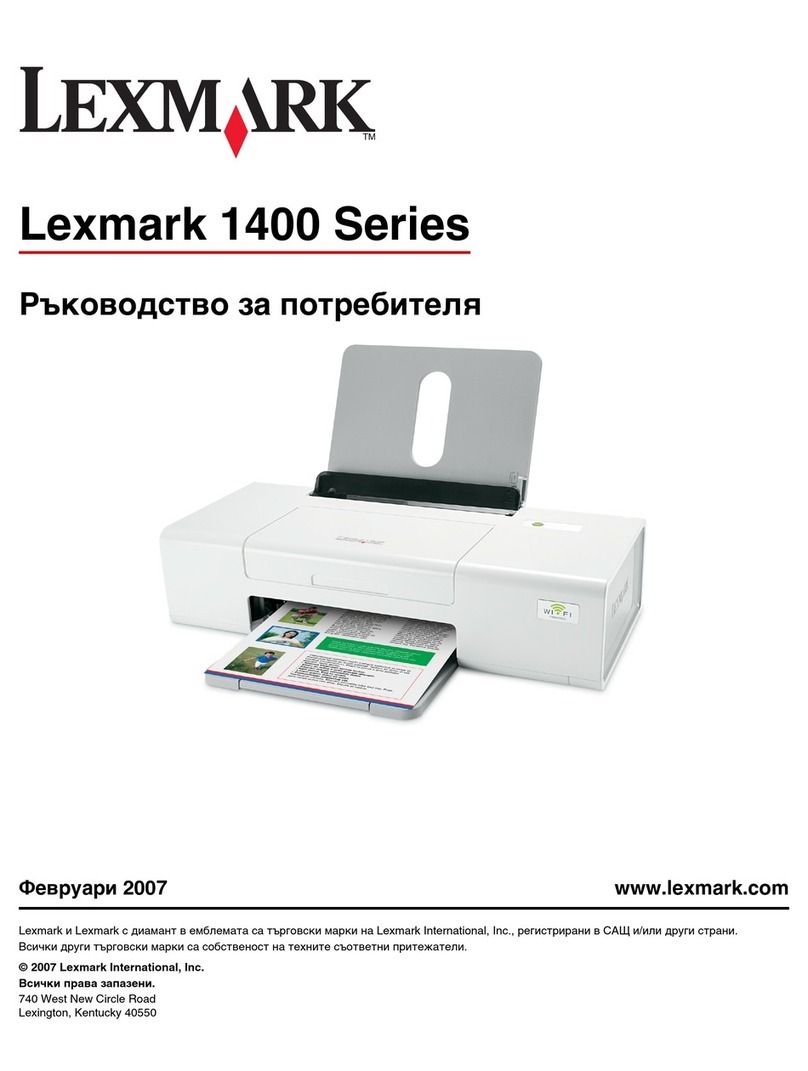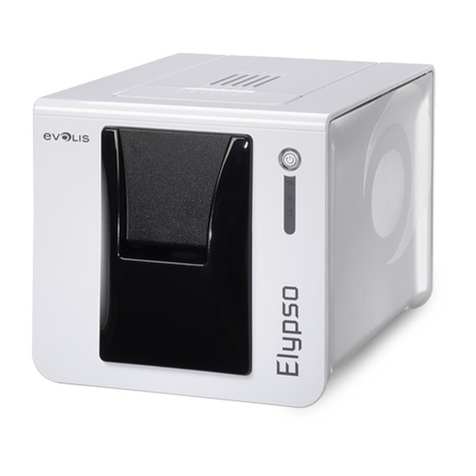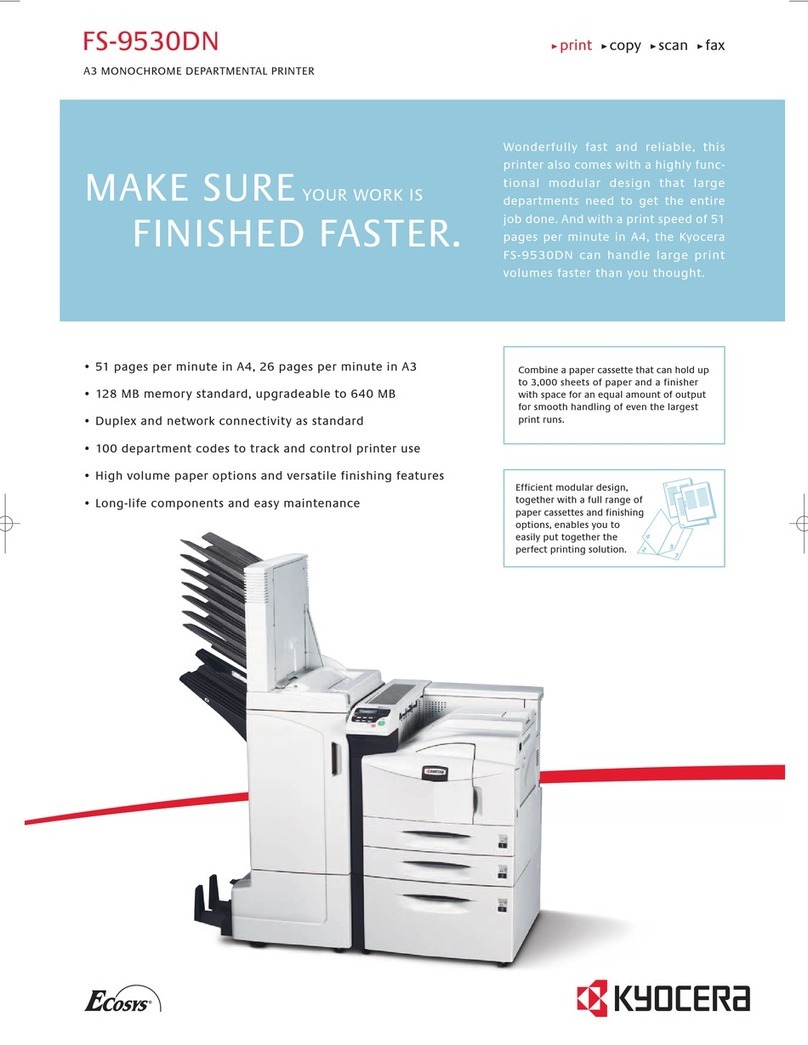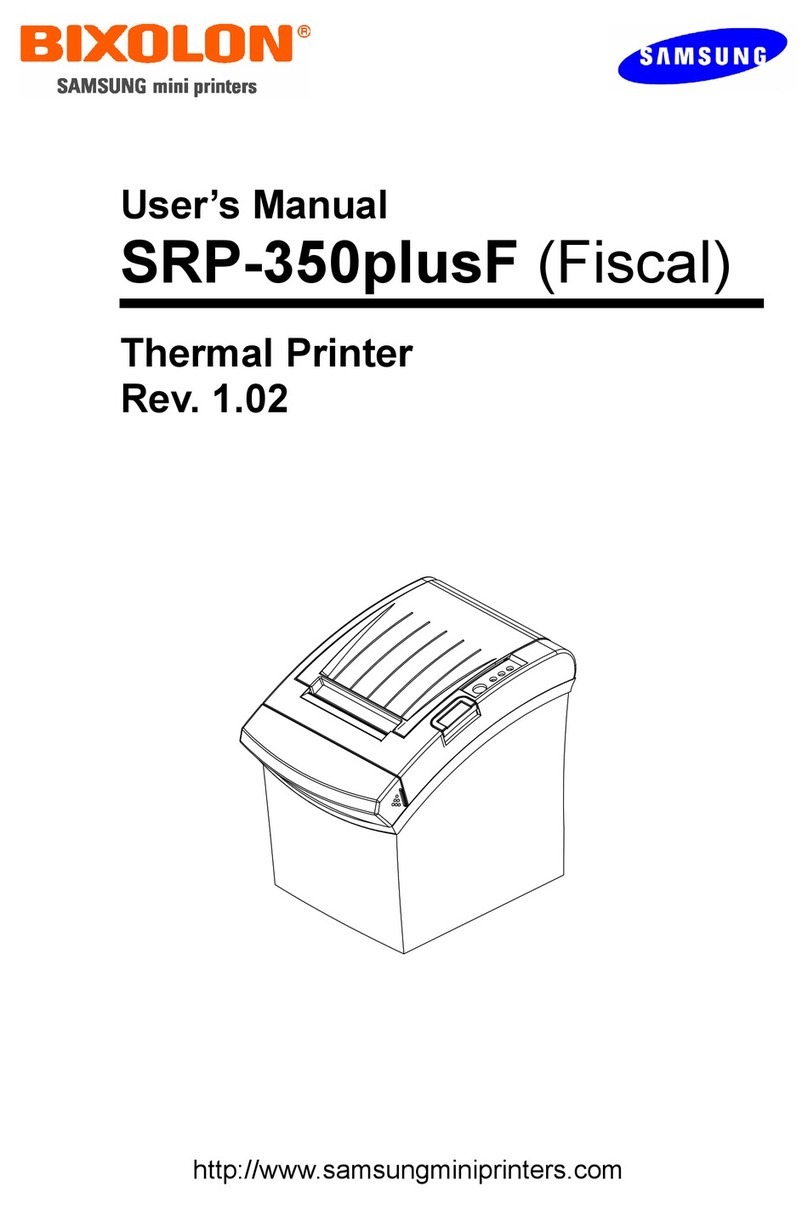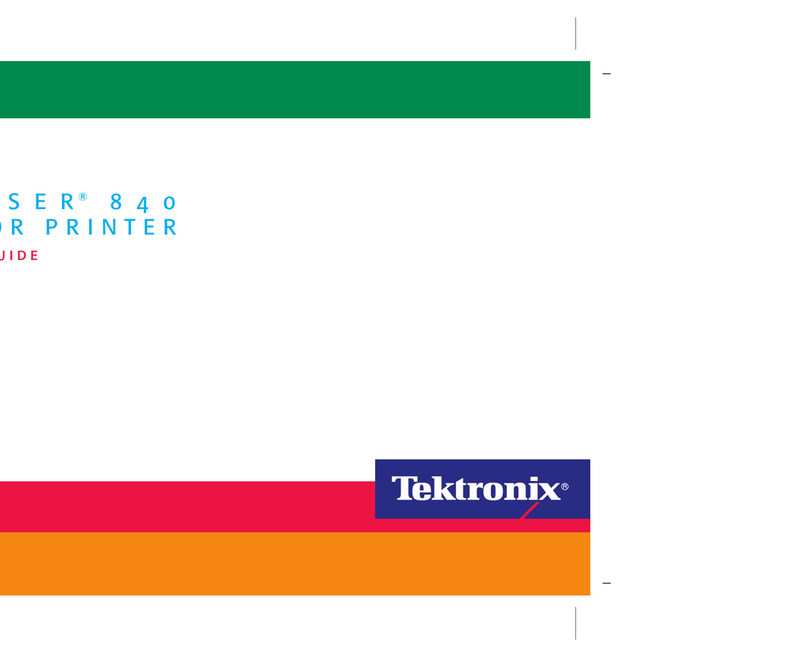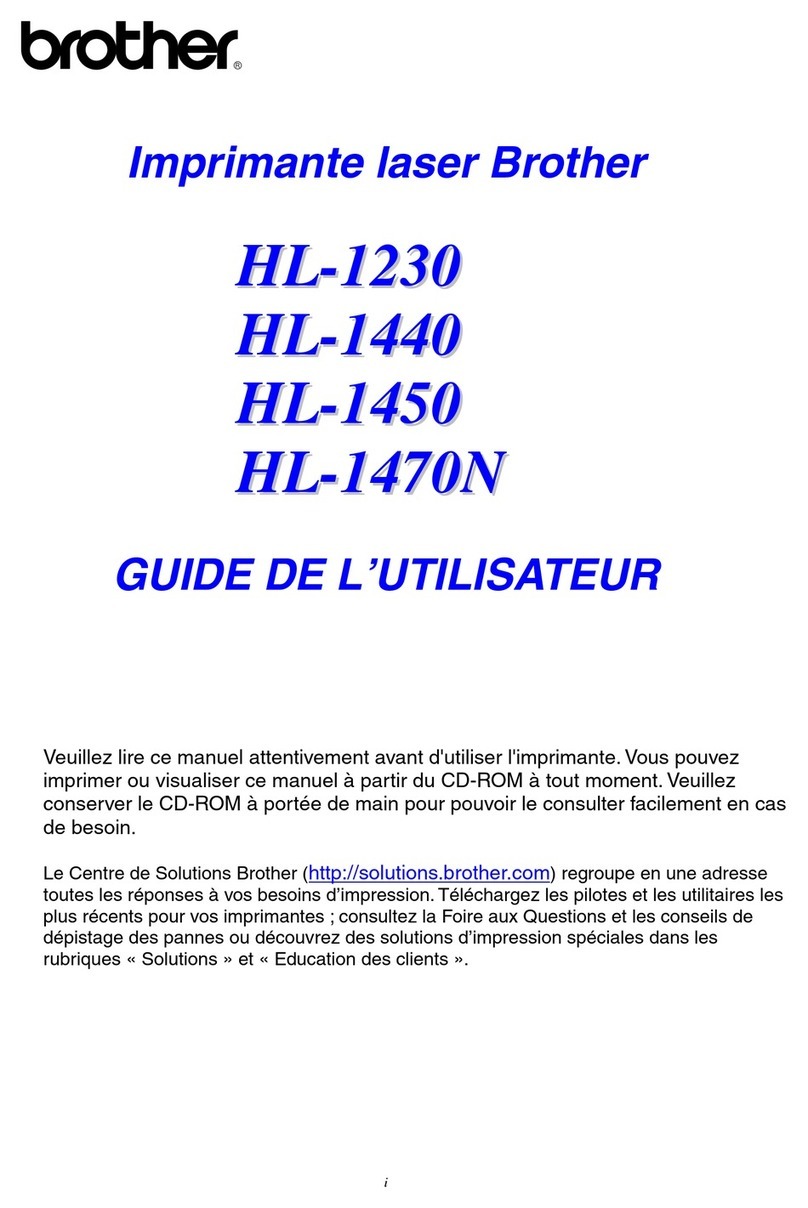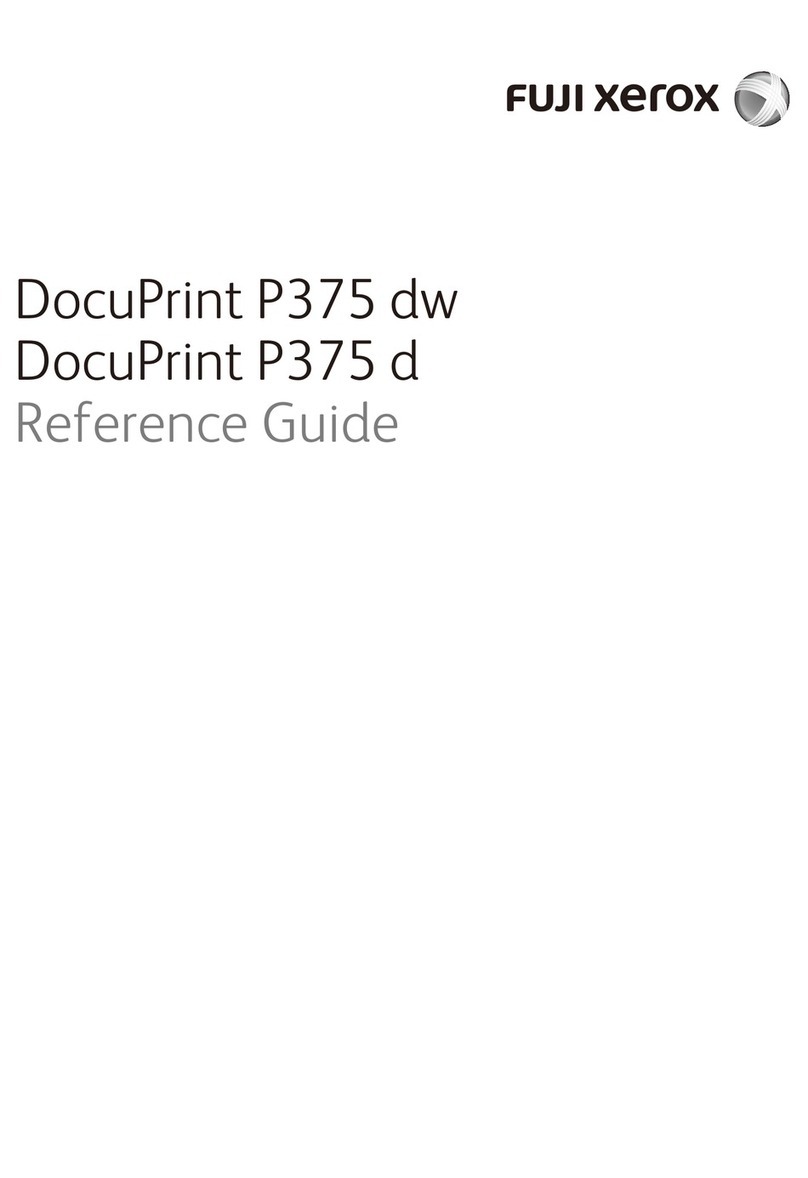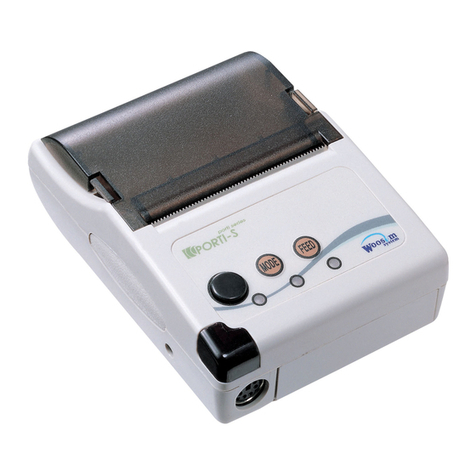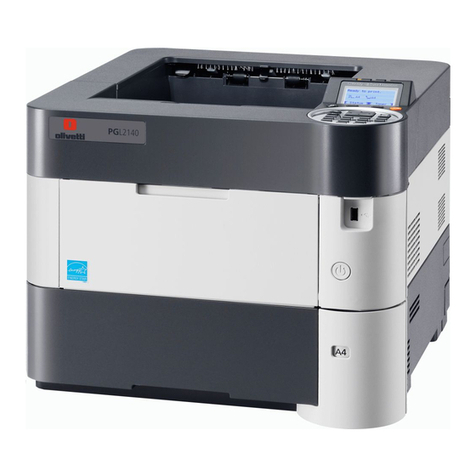
ABC
Copyright © 2019 Heidelberger
Druckmaschinen AG.
No part of this book may be reprodu-
ced without prior written permis-
sion.
Heidelberger Druckmaschinen AG
Dr.-Hell-Straße
24107 Kiel
Germany
Phone +49 431 386-0
Fax +49 431 386-1380
www.heidelberg.com
. . . . . . . . . . . . . . . . . . . . . . . . . . . . . . . . . . . . . . . . . . . . . . . . . . . . . . . . . . . . . . .
Heidelberg and the Heidelberg logo
are registered trademarks of Heidel-
berger Druckmaschinen AG.
Suprasetter is a trademark of Heidel-
berger Druckmaschinen AG.
Other company names, product
names and trademarks not expressly
mentioned in this manual are trade-
marks or registered trademarks of
the corresponding manufacturers
and fall within the regulations
regarding the protection of trade-
marks.
. . . . . . . . . . . . . . . . . . . . . . . . . . . . . . . . . . . . . . . . . . . . . . . . . . . . . . . . . . . . . . .
Important notice:
We are dedicated to improving and
enhancing our products. Conse-
quently, the information in this
manual is subject to change without
notice.
Heidelberger Druckmaschinen AG
assumes no responsibility for infor-
mation and description as far as
third-party products are concerned.
The information contained in this
manual about performance and
speed as well as technical data con-
cerning application of our products
is not legally binding as it does not
constitute a written contract of fea-
tures.
If any problems occur with the prod-
uct described in this manual, please
contact the agency which is respon-
sible for you.
Translation of Original operating
manual
Order No. PG.999.0005
02/2019
Printed in Germany.
. . . . . . . . . . . . . . . . . . . . . . . . . . . . . . . . . . . . . . . . . . . . . . . . . . . . . . . . . . . . . . .










